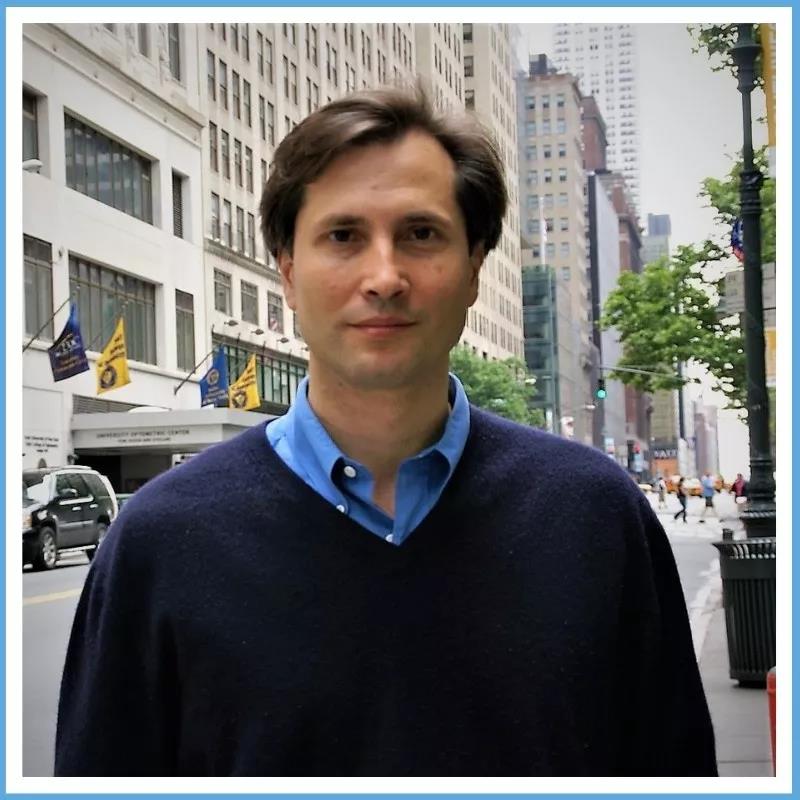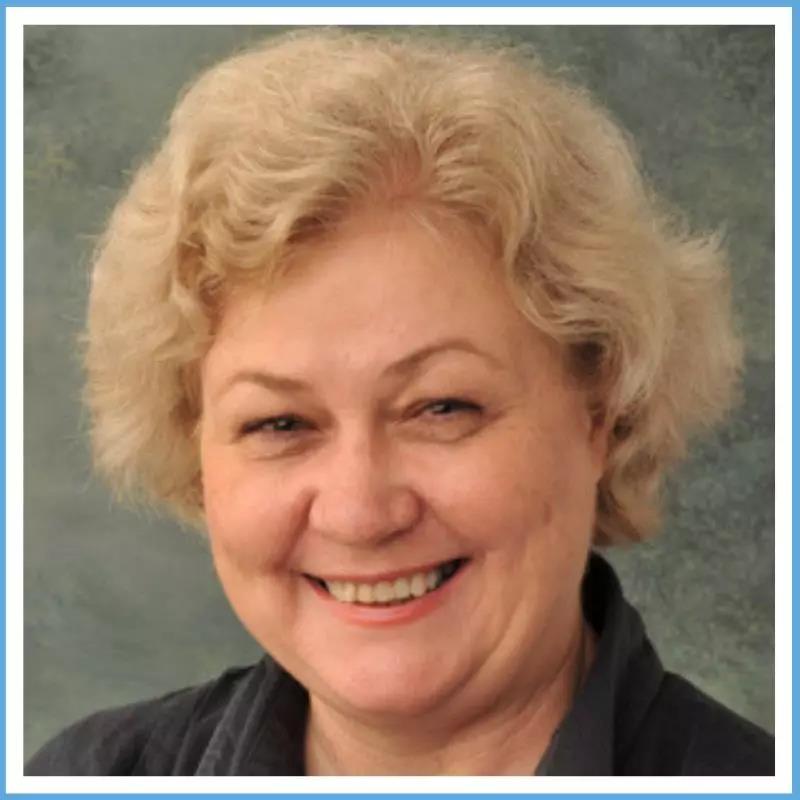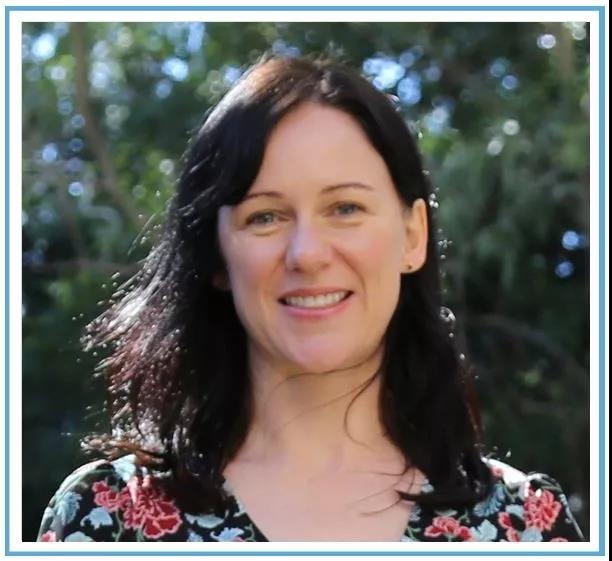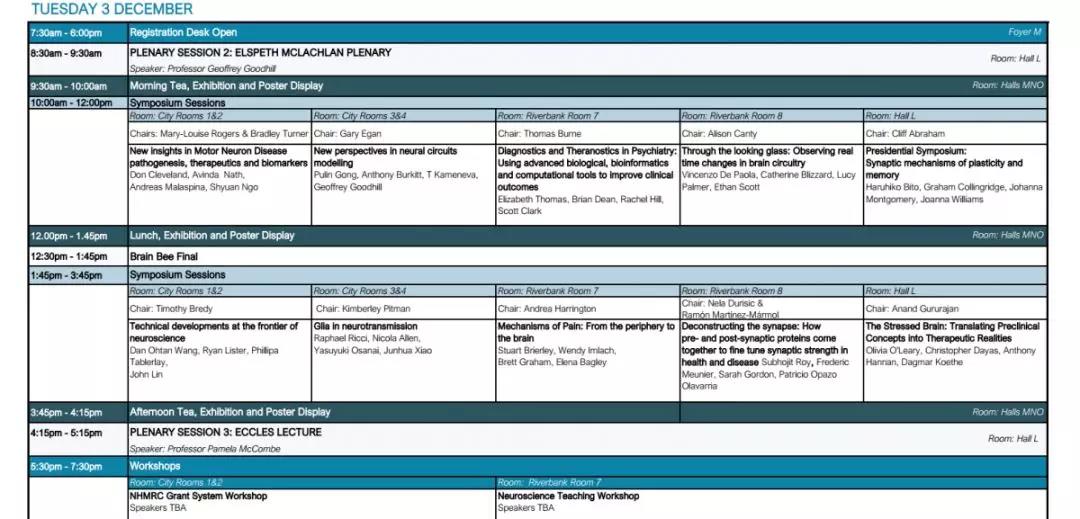Source︱Australasian Neuroscience Society (ANS)
Editing︱LT-Neuroscience

ANS is excited to announce that the 2019 conference will be held in Adelaide, at the Adelaide Convention Centre from the 2-5 December 2019.
The Annual Scientific Meeting of the Australasian Neuroscience Society is one of the largest annual biomedical conferences held in the Australasian region.
We are looking forward to what will be our best conference yet and we hope to welcome you to Adelaide.
REGISTRATION IS NOW OPEN!
Invited Speakers
The 2019 Local Organising Conference are pleased to welcome the following invited speakers to the Adelaide meeting:

Hollis Cline, PhD
Hahn Professor of NeuroscienceDepartment of Neuroscience Co-chair California Campus
Hollis Cline, PhD, is the Hahn Professor of Neuroscience and co-chair of the Department of Neuroscience at Scripps Research. Dr. Cline is a Fellow of the American Association for the Advancement of Science and has received the prestigious NIH Director’s Pioneer Award. Dr. Cline is a Past President of the Society for Neuroscience. She received her PhD from the University of California at Berkeley, followed by postdoctoral training at Yale and Stanford Universities. Her research has demonstrated the roles of a variety of activity-dependent mechanisms in controlling structural plasticity of neuronal dendrites and axons, synaptic maturation and topographic map formation. This work has helped to generate a comprehensive understanding of the role of experience in shaping brain development.

Professor Jose Manuel Alonso
Distinguished ProfessorCollege of Optometry State University of New York New York, USA
Jose Manuel is a Distinguished Professor at the State University of New York, College of Optometry. He received an MD from the University of Santiago de Compostela and a PhD from the University Autonoma of Madrid in Spain. He then won a Fulbright fellowship to work as a postdoctoral student in the laboratory of Torsten Wiesel at Rockefeller University in New York. His laboratory started at the University of Connecticut and then moved at the State University of New York. His work contributed to understanding the role of thalamocortical and cortical circuits in visual processing. He recently discovered that the visual cortex devotes more resources to process dark than light features in visual scenes, a finding that could help explain an old visual illusion dating back to Galileo Galilei.

Professor Geoffery Goodhill
Professor Mathematics
Queensland Brain Institute
Geoff Goodhill is a Professor at the Queensland Brain Institute and School of Mathematics and Physics at the University of Queensland. Prior to that he was a Professor of Neuroscience at Georgetown University in Washington DC. He received a BSc degree in Mathematics and Physics from Bristol University, an MSc degree in Artificial Intelligence from Edinburgh University, and a PhD in Cognitive Science from Sussex University, followed by postdoctoral work in Computational Neuroscience at Edinburgh University, Baylor College of Medicine, and the Salk Institute. Through a combination of experimental and mathematical research, he has helped uncover some of the computational principles that underlie neural development.

Professor Selena Bartlett
Group Leader Neuroscience and Obesity, Translational Research Institute, Institute for Health and Biomedical Innovation, QUT
Professor Bartlett thinks there is nothing more exciting than being a neuroscientist in the 21stcentury. Her research laboratory is focussed on addiction and obesity with a strong emphasis on translation into practice. Most recently the lab has shown that sugar is as addictive as alcohol and nicotine and developed a mHealth intervention to tackle obesity by reducing sugar intake. In previous roles she was the Director of a translational research program at the Gallo Research Center at UCSF, USA before returning to Australia. She has received a number of awards, 90 scientific publications, and recently have written books for a lay audience, given a TEDx talk, developed smart phone apps, and founded a digital health company for addiction. Her ongoing passion is to translate neuroscience research to improve the lives of people.

Professor Pamela McCombe
Professor McCombe is a graduate of the Medical School of the University of Queensland. She trained in Neurology at Prince Henry/Prince of Wales Hospital in Sydney, and then obtained a PhD from the University of Sydney. This was the start of her interest in Neuroimmunology . She is now a Neurologist at Royal Brisbane and Women's Hospital and Professor at the Faculty of Medicine at University of Queensland. She is President-Elect of the Australian and New Zealand Association of Neurologists. Her research interests are broad, and encompass autoimmune diseases of the nervous system as well as immune response to acquired diseases of the brain. She has published on experimental autoimmune encephalomyelitis, multiple sclerosis, myasthenia gravis, Guillain Barre syndrome and CIDP, stroke and motor neurone disease. She has a special interest in the role of gender and of pregnancy in neurological and immune disease.

Wendy Imlach
Wendy Imlach is an NHMRC career development fellow and head of the Pain Mechanisms lab at Monash University, in the Department of Physiology and Monash Biomedicine Discovery Institute. Her research is focused on neural circuits in the spinal cord that are activated in chronic pain, in an effort to identify new therapeutic targets. She obtained her PhD in Pharmacology in New Zealand from the University of Otago and held postdoctoral positions at Columbia University in New York, and in Australia at the University of Queensland and University of Sydney. Wendy has a background in neuropharmacology, synaptic physiology and neural circuitry and her laboratory investigates spinal dorsal horn circuitry and nociceptive signalling.

Janet Keast
Janet is recognised internationally in the area of autonomic neuroscience, especially the neural regulation of urogenital organs and the impact of injury on these nerves. She also undertakes studies on the neurobiology of pain, focusing on changes in spinal and sensory pathways that contribute to pelvic visceral pain and spinal cord injury pain. Janet currently leads a team supported by the NIH SPARC (Stimulating Peripheral Activity to Relieve Conditions) Program, to map the neural circuitry of the lower urinary tract in order to develop new neuromodulatory therapies
Preliminary Program




ANS官网:https://www.ans.org.au/
关注我们
